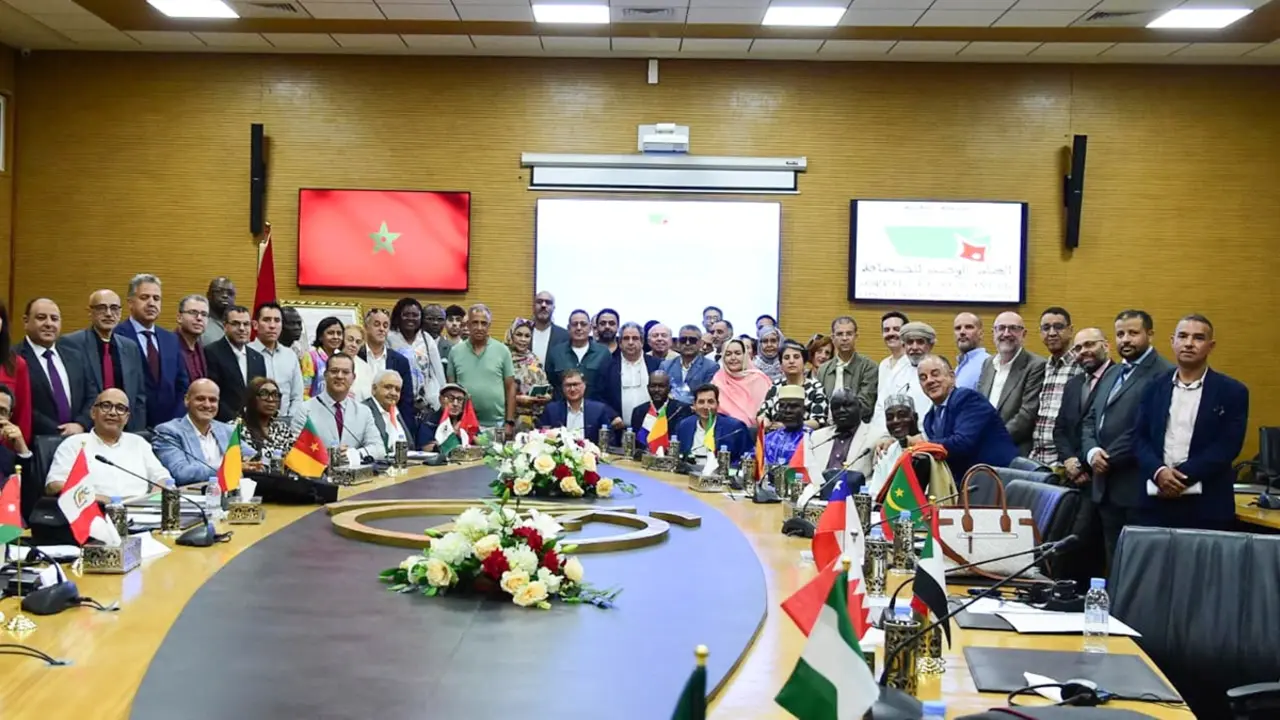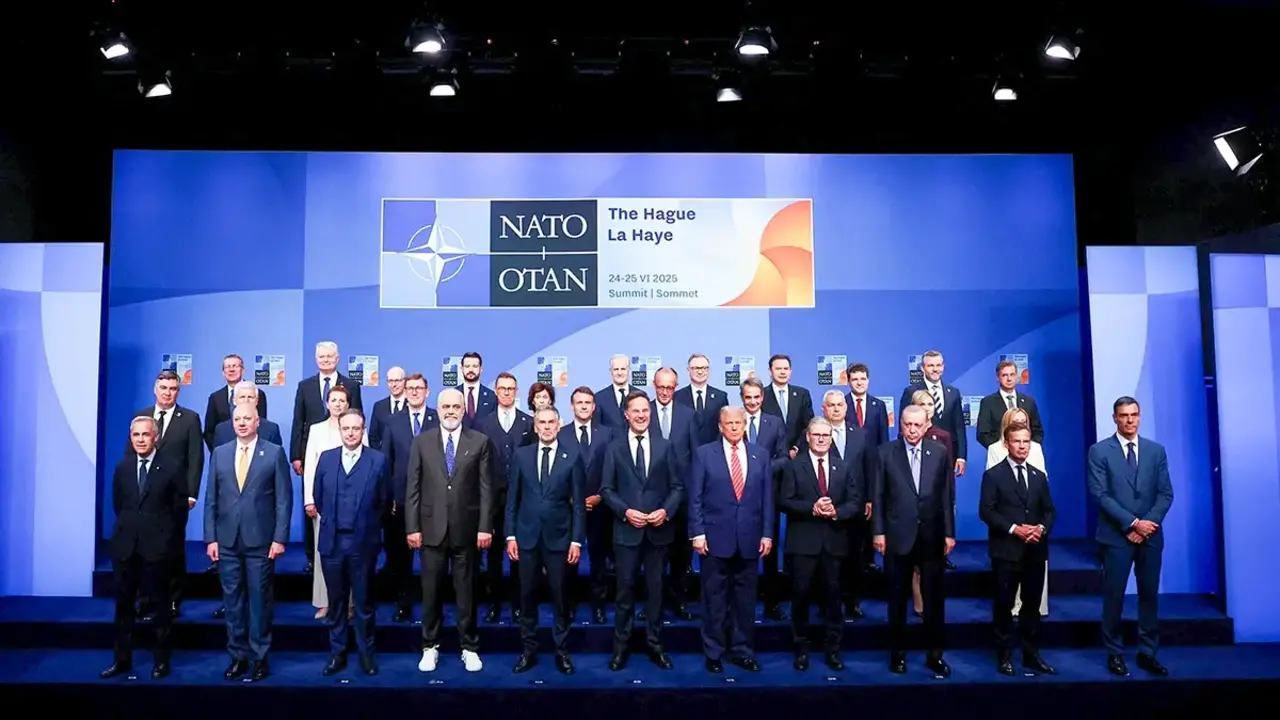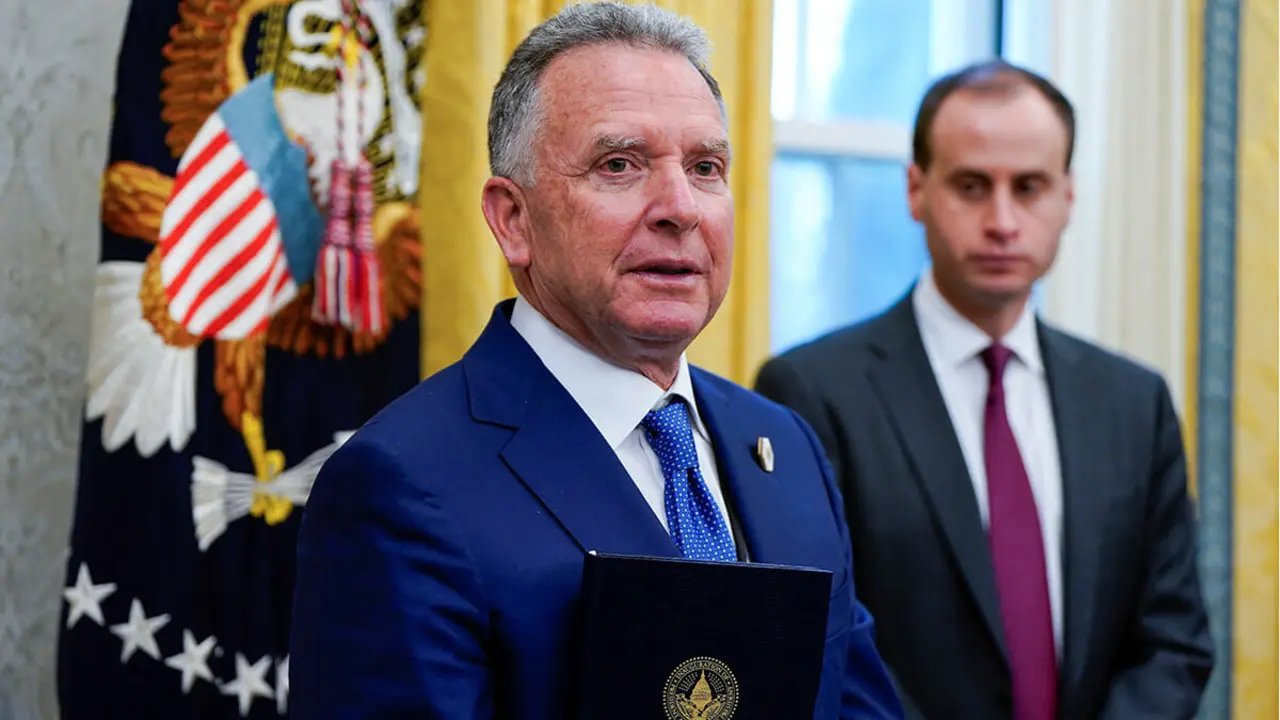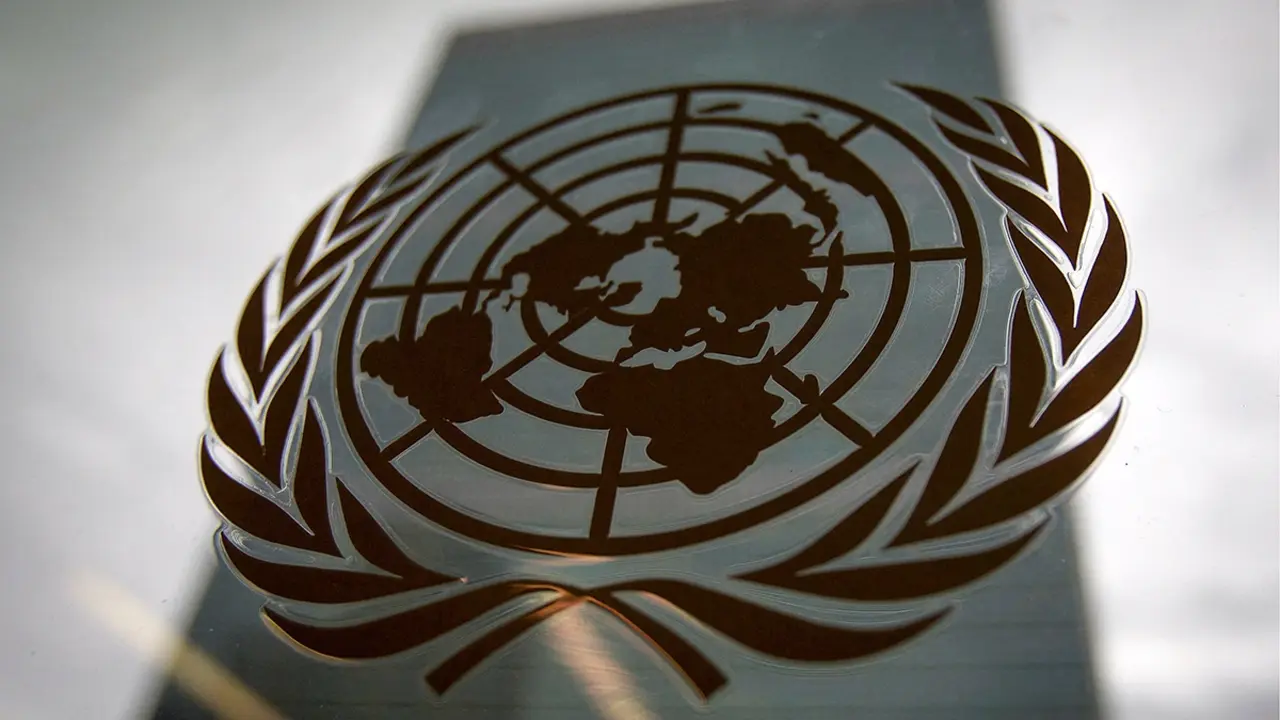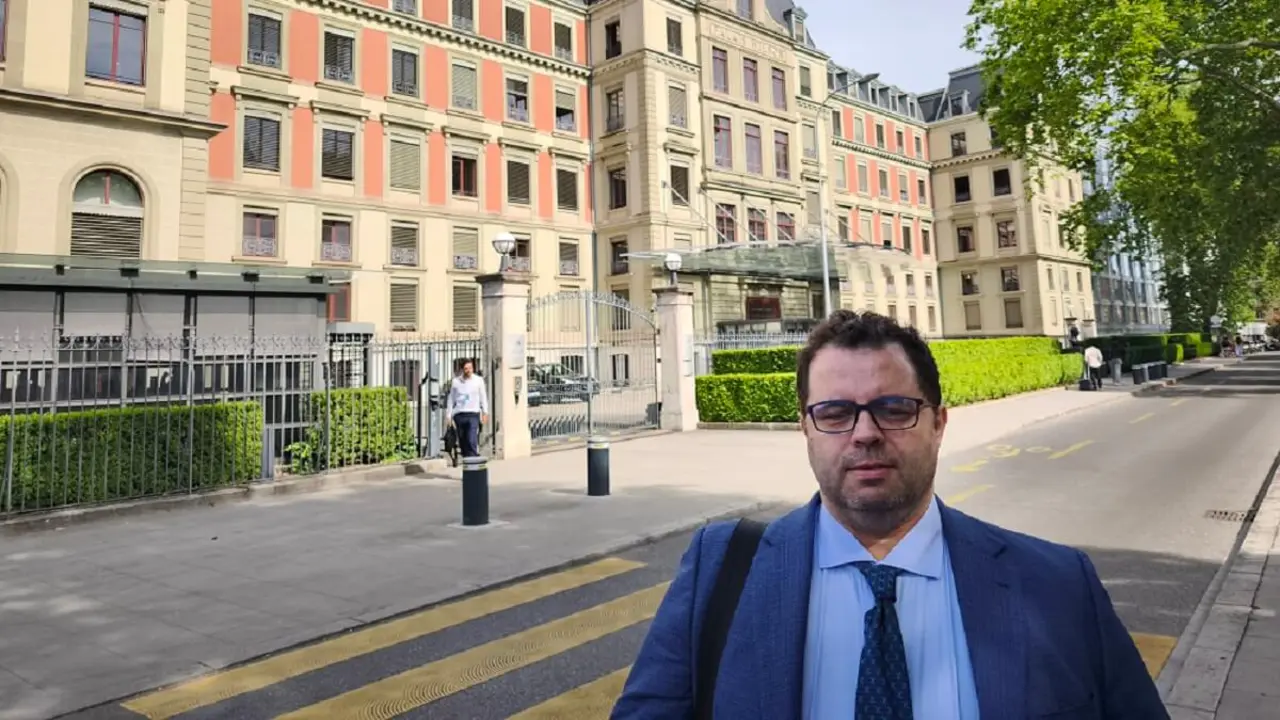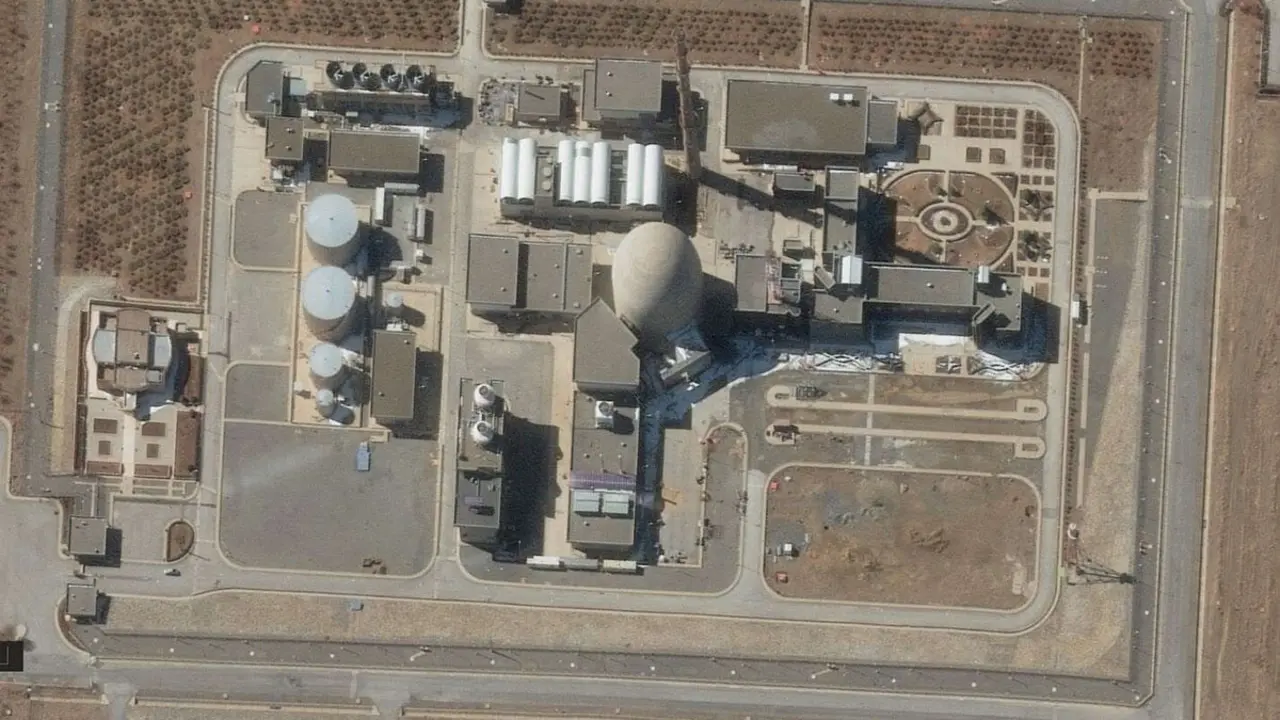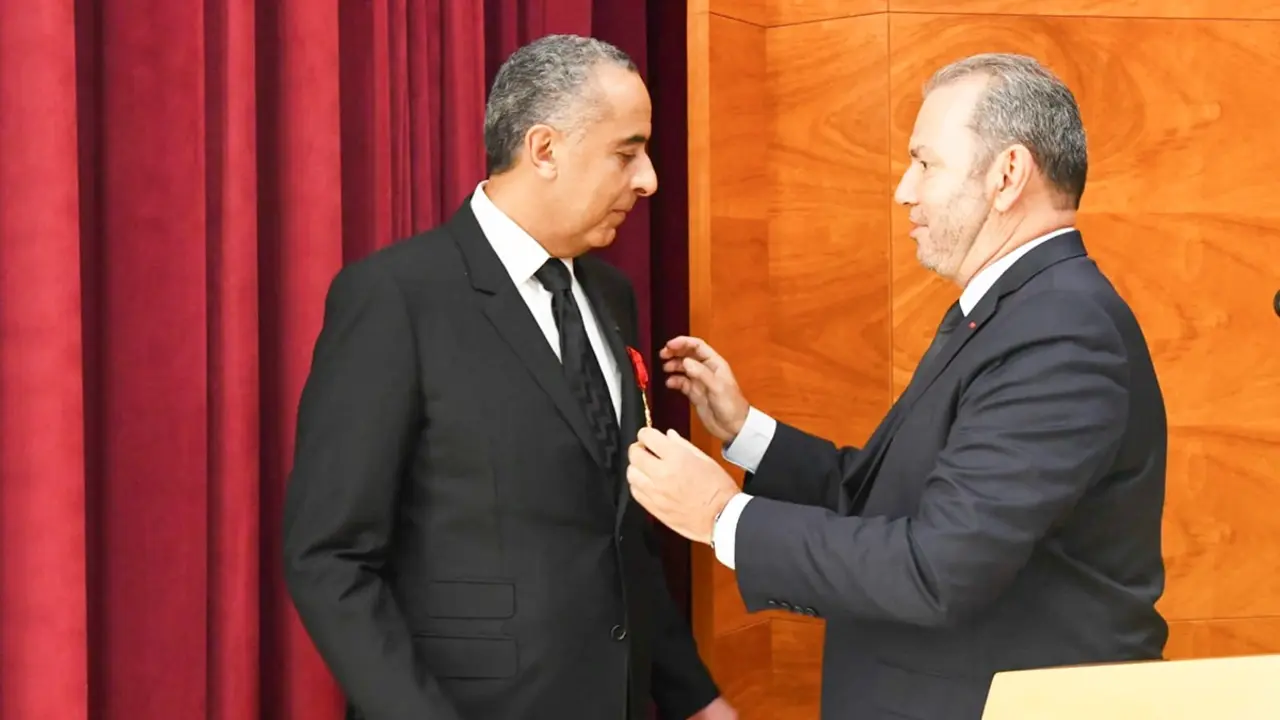ISIS-K, the common enemy of the United States and the Taliban

Countries around the world are rushing in the final hours before both the US and Taliban deadlines for the departure of all foreigners amid a security maelstrom following the Kabul airport bombings. The US has launched its first punitive operation against targets of the local branch of Daesh (ISIS-K) in Afghanistan. The strike, in retaliation for the jihadist group's brutal attack in Kabul that killed 170 people, was carried out by drone and targeted an operational base of the terrorist group in eastern Afghanistan, the Pentagon has confirmed. The attack targeted a member of Daesh in Khorasan who, according to the US, was planning the group's activities, without immediately specifying whether he was the mastermind of the attack.
Day after day, evacuations are becoming more and more complicated, thousands of people are crowded at the entrance to the airport with the only hope of being able to leave the country, while the Taliban announce that they will only allow foreigners to enter the airport. Meanwhile, the punitive action comes 24 hours after President Joe Biden vowed to hunt down the perpetrators of the Kabul bombing, which killed 13 US servicemen and wounded nearly 20 others. "We will not forgive and we will not forget. We will hunt down the terrorists and we will make them pay for this," Biden announced.

Since taking Kabul, the Taliban have carried out a strong media campaign in an attempt to send a message of calm to the public, as well as to the international community, showing a more moderate face. Many analysts agree that this is merely a strategy to gain international legitimacy and avoid being isolated again, as happened during the 1996-2001 Emirate, when they were only recognised by Pakistan, Saudi Arabia and the United Arab Emirates. The worst predictions for Afghanistan indicate that despite the renewed image the Taliban want to present to the international community, the reality on the ground is very different, and that when the last foreign troops and personnel leave the country, darkness and terrorism will return to the Central Asian country.
The US president's speech comes at a time of bewilderment over the bizarre scenes at Kabul airport. Countries around the world have had to bring forward evacuation plans for their nationals as the capital fell to the insurgents in a period of time that no nation or intelligence agency had predicted. History seems to be repeating itself in Afghanistan. Twenty years later, Afghanistan is once again facing the same challenges. The explosions around the airport, claimed by Daesh, confirm that the risk was real. But who is behind this new threat?

Reports circulated by the British government this week warned of an imminent threat of a terrorist attack outside Kabul airport, where thousands of people are seeking access to evacuation flights. They suspected Daesh Khorasan Province (ISKP), a Daesh affiliate and public enemy of the Taliban in the region that would include northeastern Iran, Afghanistan, Pakistan and other areas of Central Asia, is a terrorist group that has been operating in Afghanistan since around 2015, though more effectively in recent years.
The group was founded in 2015, at the height of the expansion of the 'caliphate' in Syria and Iraq, then led by Abu Bakr al-Baghdadi. The organisation took advantage of the large number of disenchanted Taliban remaining in Afghanistan. Its presence in the country diminished due to attacks by the Afghan army and air support by US special forces. As in the Middle East and Africa, the ISKP does not respect country boundaries or denominations, and seeks to conquer and expand into territories beyond national borders. However, unlike the other branches of Daesh, especially those in the Middle East and Africa, the latter of which are increasingly active, the Khorasan group has been less visible in the media as it is less active on the internet and conducts less propaganda.

Despite multiple armed operations by the Afghan army and its supporters. Even despite the Taliban's alleged raids to wipe out the competition - in February 2020 they pledged in writing to the United States not to allow the ISKP to use Afghanistan as a staging ground from which to launch attacks against their allies - the attacks around Kabul airport seem to demonstrate a vigour even greater than that of the still-living Daesh in Iraq and Syria.
Its current leader has been identified as Shabab al Muhajir, an expert in urban guerrilla warfare and the mastermind of some of the group's most sophisticated operations. According to the report submitted to the Security Council in July, al Muhajir, before becoming head of ISIS-K, "acted as chief planner for high-profile attacks in Kabul and other urban areas". Like other members of the group, Al Muhajir has a background in the Taliban-allied Haqqani network, which is considered a terrorist organisation by Washington. The leader of the Afghan branch of Da'esh reportedly rose through the ranks of the organisation following a major blow to its leadership in June 2020 in an Afghan special forces operation. This network is one of the most dangerous factions that fought against NATO forces over the past two decades. The Haqqani network is known for its suicide bombings, some of which are among the most violent the country has seen.

In its latest UN report in July, the committee tasked with monitoring sanctions against Al Qaeda and Daesh warned of the threat in Kabul from the Afghan branch of Daesh, a terrorist group that has claimed responsibility for the attack on Kabul airport. "The group has strengthened its positions in and around Kabul, where it carries out most of its attacks, targeting minorities, activists, government employees and Afghan National Defence and Security Forces personnel," warned the document, which was based on intelligence information from UN member states. The text, signed by the Norwegian representative to the UN, Trine Heimerback, reported the existence of "sleeper cells" in the Afghan capital.
Daesh has expressed its opposition to the agreement between the Taliban and the United States to coordinate the departure of troops from the country. The pact includes a commitment that the Taliban will not host international terrorists or mount attacks abroad. The group's spokesman, Abu Hamza al-Qurashi, denounced the deal as a cover for the "current alliance between the Taliban apostates and the crusaders to fight Daesh", and sought to "establish a national government" that would bring the Taliban together with others it also branded as apostates.

